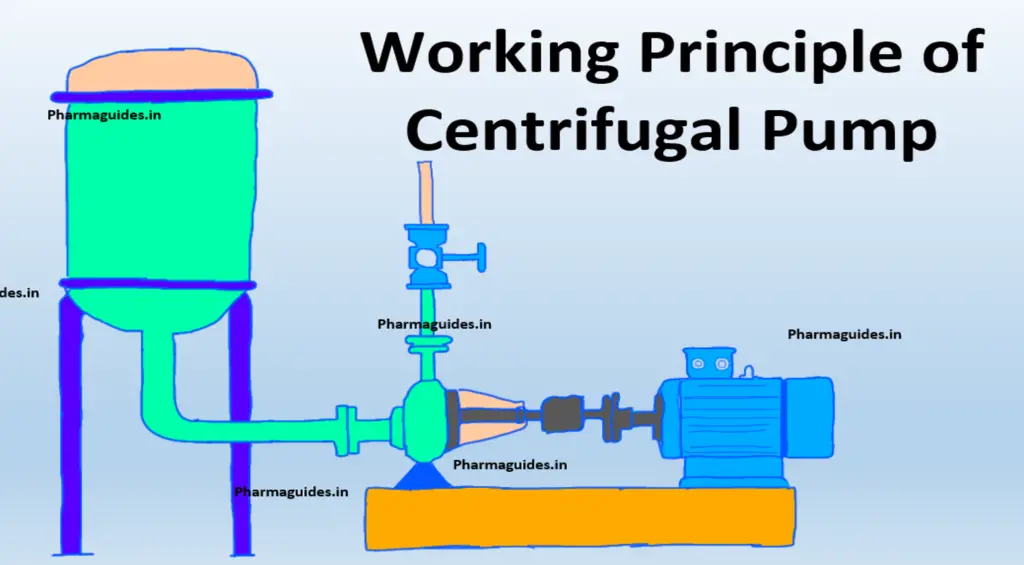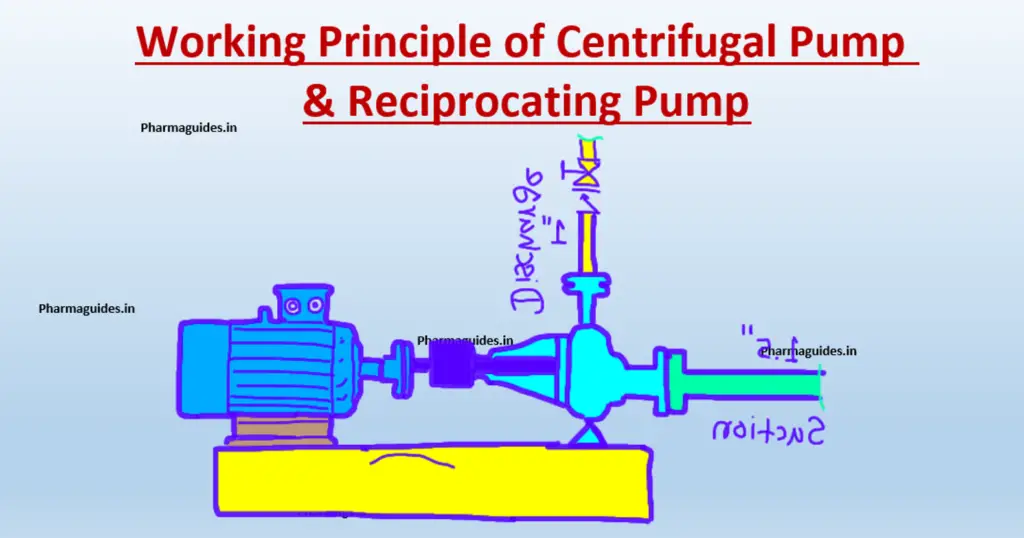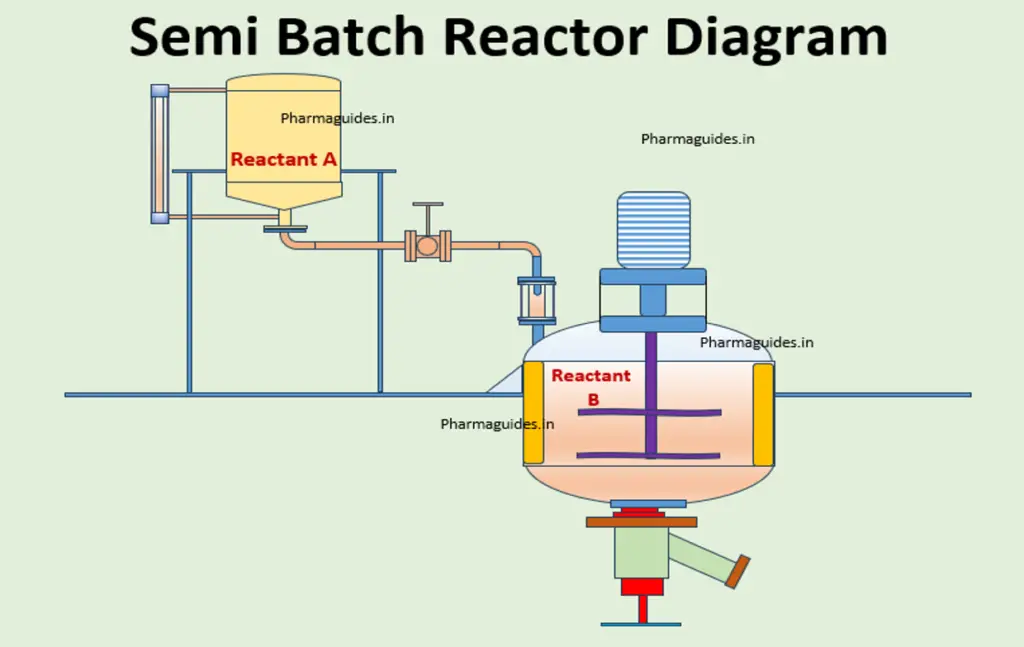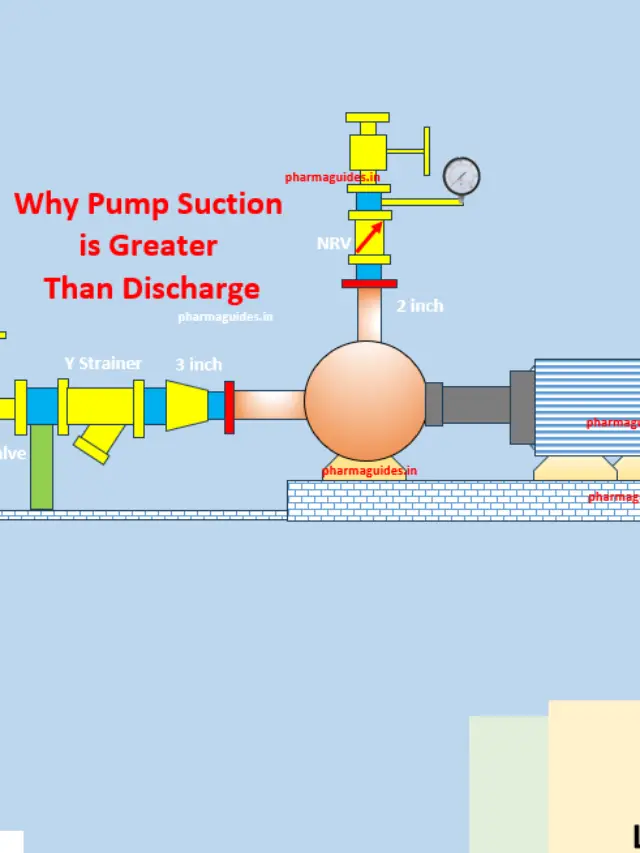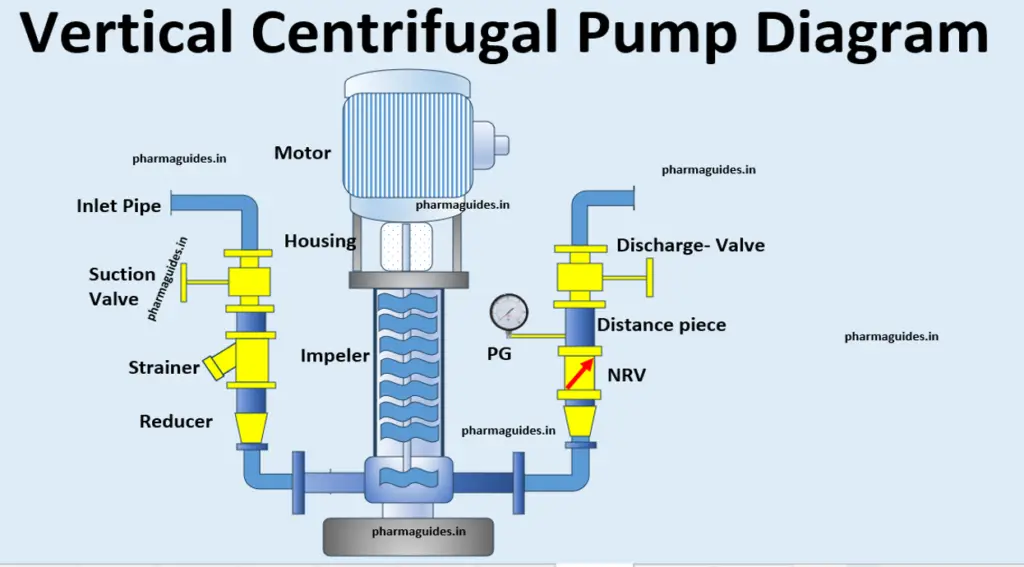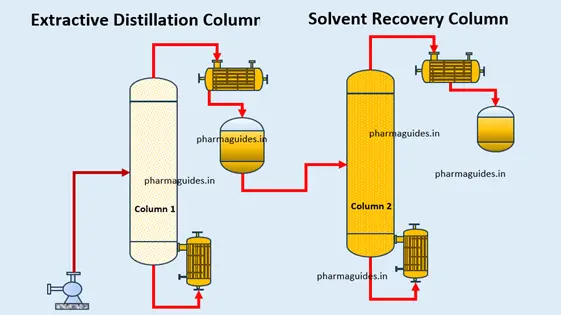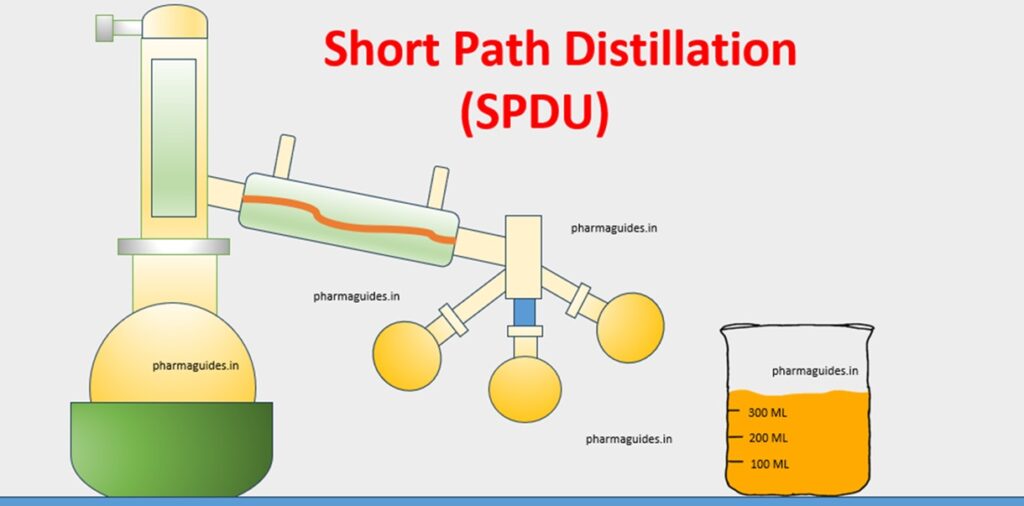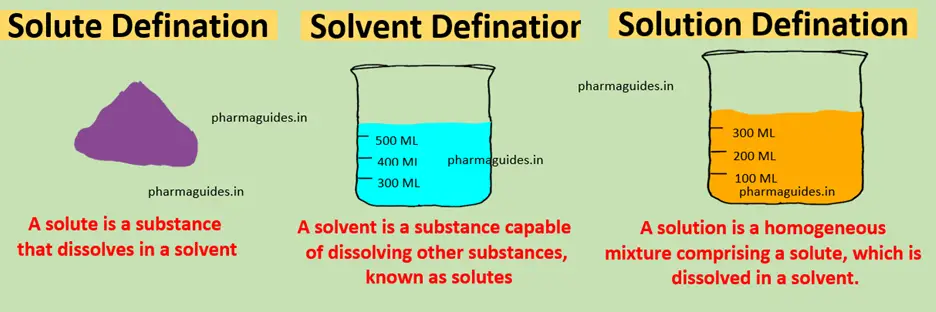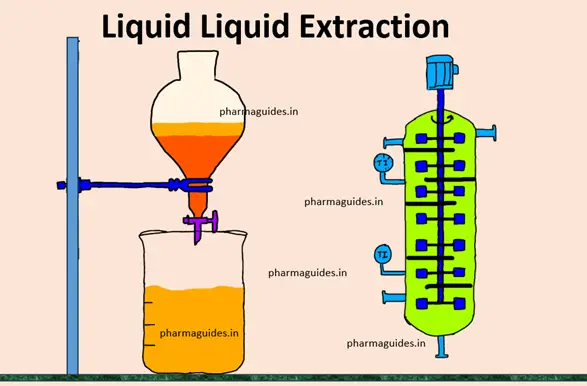20.Different Types of Pumps-classification ,application
Article Contents
Different Types of Pumps
Classification of Pumps
displacement of pumps.
Centrifugal Pumps
It is mechanical device which is designed to lift the liquids from one place another place .
This Pump use mostly for water lifting in household use and cooling water circulation in
industry .This pumps is used for solvent , reaction mass , feed transfer in chemical industry . To choose the right pump as per your process you have to idea about transfer fluid properties , like temperature ,pressure ,viscosity , density and solid content too. If solid content is more than 2 % then we cant use centrifugal pump .For solid content having more than 2 percent you have to with gear pump.
Working Principle Centrifugal pumps
Centrifugal pumps can be further classify as bellows .
1) Axial Flow Pumps
2) Radial Flow Pumps
4) Horizontal Centrifugal Pumps
5) Vertical Centrifugal Pumps
6) Fire Pumps
7) Submersible Pumps
 |
| Classification of Pumps | Different Types of Pumps |
Axial Flow Pumps ( Type of Pump)
Radial Flow Pumps
Horizontal Centrifugal Pumps
This is cost effective pump. most of the centrifugal pump are horizontal in arrangement. This pump is best for high flow rate. if you want high flow rate then you can use this type of centrifugal pumps.
Vertical Centrifugal Pumps
Single Stage Centrifugal Pumps
Multi Stage Centrifugal Pumps
Submersible Centrifugal Pumps
Booster Pumps
Mono-Block Pumps
This types of pumps not contain any type of coupling .
This type of pump specially used for eater transfer in society.
Hope above article is enough to clear your concept.Above article clear basic details about what are the different types pumps , what is centrifugal pump, how c it work , types ,components of .
For Centrifugal pump it is very important to calculate net positive suction head (NPSH) .There are two types of NPSH , one is net positive suction head available and second is net positive suction head required.To know how to calculate NPSH available refer our article ” NPSH of pump “
Components of centrifugal pump
Types of Impeller
There are three types of impeller .
- Open Impeller
- Close Impeller
- Semi open impeller
 |
| Semi open Impeller |
 |
| Closed Impeller |
 |
| open Impeller |
Positive displacement pumps
1) Rotary Type
2) Gear Type
3) Reciprocating type
Selection of pump
Pump Safety
1) Strainer in suction of pump- It is necessary to prevent big particle any type metal part or wood part(type of pump) .
2) NRV – Non retirn valve is necessary to prevent back pressure on vanes of pump.
External Links ,
-
Join our Free online Course on Pump
Date -31-05-2020 , Time -17:00 IST
Click Here
Topic: Industrial Pumps
Time: May 31, 2020 05:00 PM Mumbai, Kolkata, New Delhi
Meeting ID: 718 4173 9221
Password: 9eV784
(Classification of Pumps in fluid mechanics)
Some use full facts about pumps are as follows.
Classification of pumps,Different Types of Pumps.Pump ,classification of pumps ppt ,types of centrifugal pumps ,types of pumps and their applications .What is pump ,industrial pump types ,type of pump in hindi ,pump category.This is useful for ,Types of centrifugal pumps,different types of pumps pdf. Types of pumps for liquid . Types of pumps in Tamil.classification of pumps pdf .

Frequently Asked Question on pump used in chemical industry
What is the role of pumps in the chemical industry?
Pumps in the chemical industry are used to transport fluids, such as chemicals, solvents, and process liquids, from one location to another within a facility or between different processes.
What types of pumps are commonly used in the chemical industry?
Common types of pumps used in the chemical industry include centrifugal pumps, positive displacement pumps (such as reciprocating pumps and rotary pumps), and specialized pumps designed for specific chemical processes.
How are centrifugal pumps beneficial in the chemical industry?
Centrifugal pumps are widely used in the chemical industry due to their ability to handle a wide range of flow rates and pressures, as well as their simplicity, efficiency, and reliability.
What are positive displacement pumps, and why are they used in the chemical industry?
Positive displacement pumps deliver a fixed volume of fluid with each cycle of operation. They are commonly used in the chemical industry when precise flow control, high pressure, or handling viscous fluids is required.
What factors should be considered when selecting a pump for chemical industry applications?
Factors to consider include the type of fluid being pumped, flow rate requirements, pressure conditions, temperature compatibility, corrosion resistance, material compatibility, and the specific process requirements.
What safety precautions should be followed when operating chemical pumps?
Safety precautions include proper grounding, ensuring the pump is compatible with the fluid being pumped, following proper installation and maintenance procedures, and adhering to industry-specific safety standards.
How can pump efficiency be optimized in the chemical industry?
Pump efficiency can be optimized by selecting the right pump type for the application, maintaining proper pump speed and impeller size, reducing system resistance through proper piping design, and ensuring regular maintenance and inspections.
What maintenance practices are important for chemical industry pumps?
Regular maintenance practices include monitoring pump performance, checking for leaks, inspecting and replacing worn-out parts, lubrication, aligning the pump and motor, and following manufacturer-recommended maintenance intervals.
What are the common causes of pump failure in the chemical industry?
Common causes of pump failure include cavitation, corrosion, mechanical wear, improper installation, overheating, electrical issues, and running the pump outside of its operating range.
How can cavitation in chemical pumps be prevented?
Cavitation can be prevented by ensuring the pump is properly sized and matched to the system requirements, maintaining sufficient NPSH (Net Positive Suction Head), and using features such as inducers or pump impeller modifications.
What is the importance of pump material selection in the chemical industry?
Pump material selection is crucial in the chemical industry to ensure compatibility with the fluids being handled, resistance to corrosion or chemical attack, and to maintain the integrity and longevity of the pump.
How are pumps used in handling hazardous chemicals in the industry?
Pumps used in handling hazardous chemicals are designed with additional safety features, such as leak detection systems, double mechanical seals, and containment chambers, to minimize the risk of spills or leaks.
Can pumps in the chemical industry handle high-temperature fluids?
Yes, pumps designed for the chemical industry can handle high-temperature fluids. They are often constructed with heat-resistant materials and equipped with proper insulation or cooling systems.
How can pump efficiency be monitored in the chemical industry?
Pump efficiency can be monitored by measuring parameters such as flow rate, pressure, power consumption, and comparing them to the pump’s performance curves or using advanced monitoring systems that provide real-time data.






